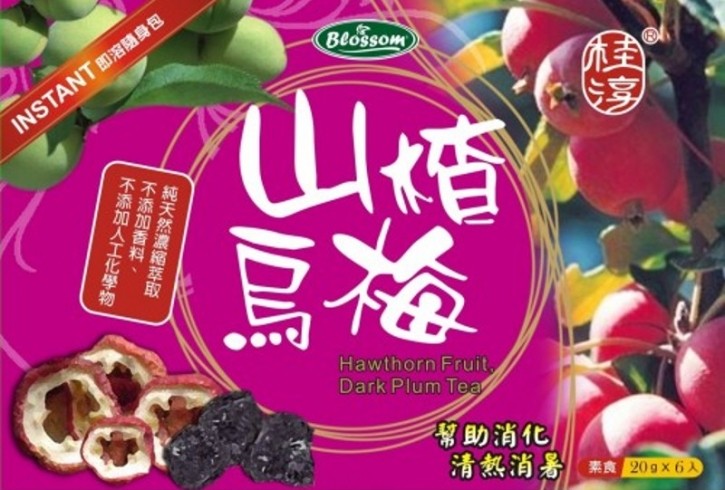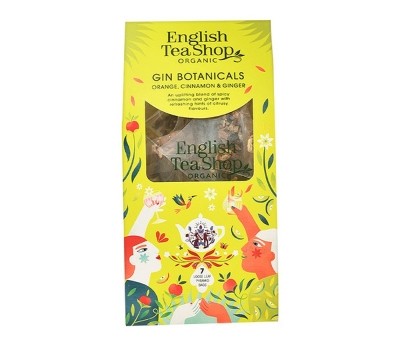Granule greatness: Taiwan’s Blossom Tea taps crystallised format innovation to expand in Greater China region

Blossom Tea has a flourishing traditional business dealing in conventional tea leaves from regular Oolong, Pu’er and green teas to more premium items such as Oriental Beauty, Jinxuan, and Dayuling.
In a bid to modernise its tea business, the brand has moved to develop a range of health-focused teas based on herbs, fruits and traditional Chinese medicine principles whilst also perfecting a crystallisation technology to enhance convenience properties.
“The technology has really been the key element for us, as a few years back it would have been considered way to expensive to focus solely on freeze drying and crystallisation to develop granules for a whole range of products, but it has now become possible for us,” Blossom Tea spokeswoman Maggie Chen told FoodNavigator-Asia.
“This tech has meant that we are able to not only completely maintain the original taste of the ingredients used but also ensure that the end-products are completely natural with no added preservatives or additives.
“It also meant that we have been able to concentrate the goodness of the ingredients into a very small packaging – just three grams of granules can be made into a good 1,000cc of tea, which means that it can cater to more than just one consumer at a time.”
The range comprises Luo Han Guo (monkfruit) tea, burdock tea, red date tea, ginseng tea, brown sugar ginger tea and hawthorn with dark plum tea, each of which are herbal teas recognised for different health and wellness benefits under TCM principles.
For instance, monkfruit is linked to anti-inflammation, burdock to lowering blood pressure, red dates to blood nutrients, ginseng to energy and immune-boosting, ginger to anti-oxidation, dark plum to digestion and so on.
“It has also been very important to us to make these teas as convenient and accessible for consumers as possible, and the crystals format has been very crucial here as it means that these can be carried around in very small and lightweight packs,” she added.
“This has also extended to convenience in consumption where consumers only need to add hot water to the granules and the tea will be ready in just a few minutes – this is in significant contrast to how TCM-based drinks usually need to be prepared, for example red dates usually need to be boiled for a long time, sometimes hours, before the nutrients are considered to be sufficiently extracted into the liquid for consumption.
“As such, this can strongly appeal to modern markets where the lifestyle is fast-paced and hectic and teas are already much appreciated by consumers, such as Taiwan, Hong Kong and China which have a large Chinese population base and are our main targets at the moment.”
No leftovers, no waste
The granule format has also enabled Blossom to market itself as waste-free from a direct consumption angle, which has long been an issue for herbal teas.
“When making teas using ingredients such as ginseng and red dates, it is very common to have large amounts of wastage left as consumers will rarely eat the actual ingredient after it has been boiled into a drink,” she said.
“This results in either food waste or if the herbs are left around too long without being used due to the inconvenience of preparation, it could lead to spoilage which is again wastage.
“With the granules, the relevant nutrients and benefits have already been transferred, freeze dried and vacuum packed in each packet with a three-year shelf life and no resulting food waste.”
The advancements in crystallisation technology have also brought down the price of said herbal teas to affordable levels, at around TWD44 (US$1.39) per cup. The healthy tea range is available in online and offline stores across Hong Kong and Taiwan, including Costco.




